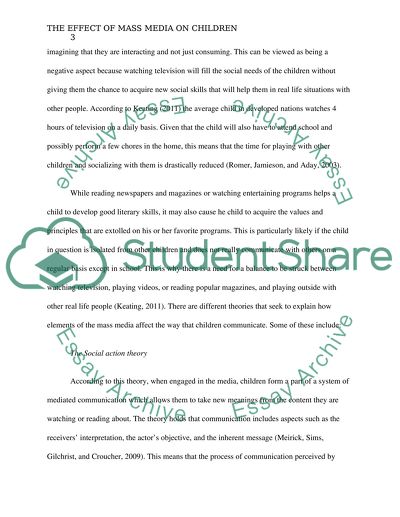Cite this document
(“The effect of mass media on children Research Paper”, n.d.)
The effect of mass media on children Research Paper. Retrieved from https://studentshare.org/journalism-communication/1497027-the-effect-of-mass-media-on-children
The effect of mass media on children Research Paper. Retrieved from https://studentshare.org/journalism-communication/1497027-the-effect-of-mass-media-on-children
(The Effect of Mass Media on Children Research Paper)
The Effect of Mass Media on Children Research Paper. https://studentshare.org/journalism-communication/1497027-the-effect-of-mass-media-on-children.
The Effect of Mass Media on Children Research Paper. https://studentshare.org/journalism-communication/1497027-the-effect-of-mass-media-on-children.
“The Effect of Mass Media on Children Research Paper”, n.d. https://studentshare.org/journalism-communication/1497027-the-effect-of-mass-media-on-children.


